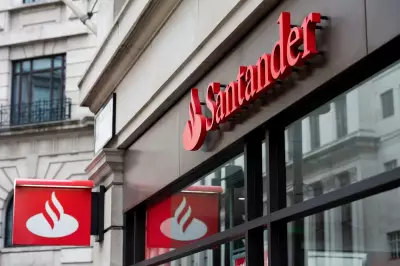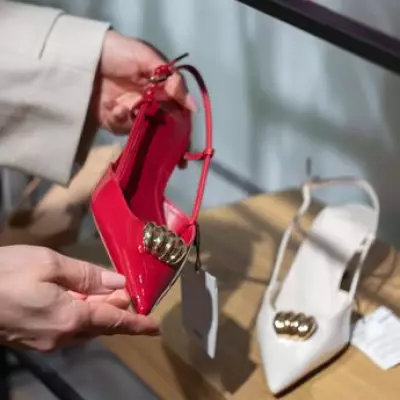
British luxury fashion brand Burberry has reported its first increase in store sales for two years, marking a significant milestone in its ongoing turnaround plan.
A Welcome Reversal of Fortune
The company announced that comparable same-store sales, a key retail metric, grew by 2% in its second quarter. For the entire first half of its financial year, these sales remained flat overall. This performance represents a dramatic improvement from the same period last year, which saw a steep 20% plunge in sales.
Financial results for the six months to September 27 showed a narrowing of pre-tax losses to £48 million, a substantial improvement from the £80 million loss reported a year earlier. On an underlying basis, the company swung to an operating profit of £19 million, reversing a loss of £41 million from the previous year.
Leadership and Strategic Shifts
Burberry's Chief Executive, Joshua Schulman, expressed cautious optimism about the results. He stated, "We have begun to see customers return to the brand they love, resulting in comparable store sales growth for the first time in two years."
Schulman attributed this progress to the Burberry Forward strategic plan, calling it the "right strategic path to restore brand relevance and value creation." However, he emphasised that the company is still in the "early stages" of its turnaround and acknowledged operating within an "uncertain" macroeconomic environment.
The group expects the impact of its recovery initiatives to build momentum throughout the financial year.
Regional Performance and Cost-Cutting
A regional breakdown of the sales results reveals a broad-based, albeit modest, recovery:
- Americas: 3% sales rise
- Greater China: 3% sales rise
- Europe, Middle East, India, and Africa (EMEIA): 1% sales rise
- Asia Pacific: Flat sales
The growth in the key Chinese market is particularly noteworthy, signalling a rebound after a significant slowdown in luxury spending that had previously hurt the brand.
This financial improvement comes amidst a major cost-cutting programme. Burberry reported £37 million in restructuring charges, largely linked to redundancy costs. The company had previously announced a £40 million savings plan and proposals to cut approximately 1,700 jobs worldwide over two years.
Robyn Duffy, a senior consumer analyst at RSM UK, commented that "There will be a sigh of relief at Burberry today as a period of decline in comparable sales comes to an end." She noted that challenges remain, including "ongoing softness in Chinese demand and uncertainty around US tariffs," but highlighted that Burberry's European manufacturing base offers some protection. The true test, she suggested, will be whether this momentum continues through the crucial festive trading period and into 2026-27.





